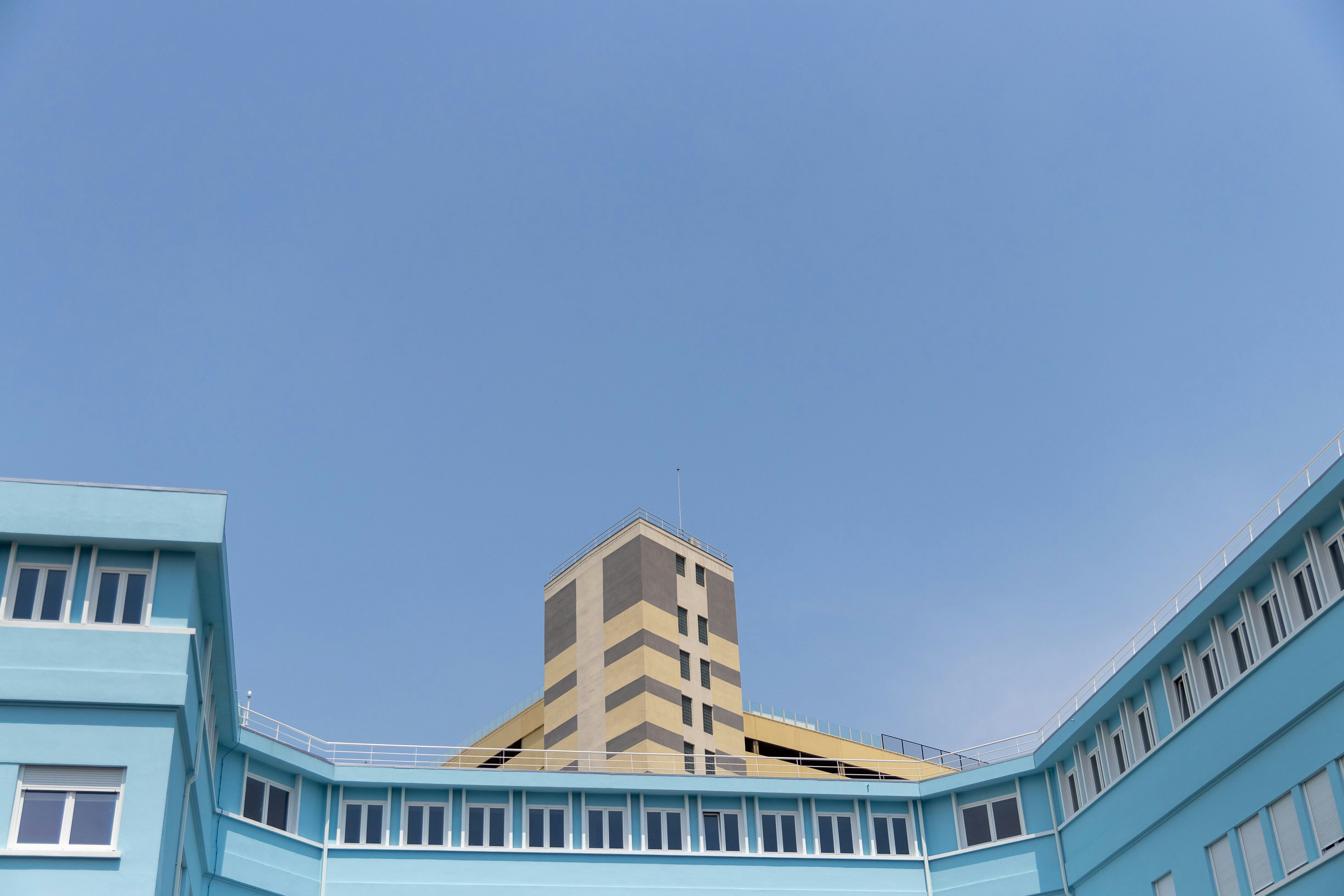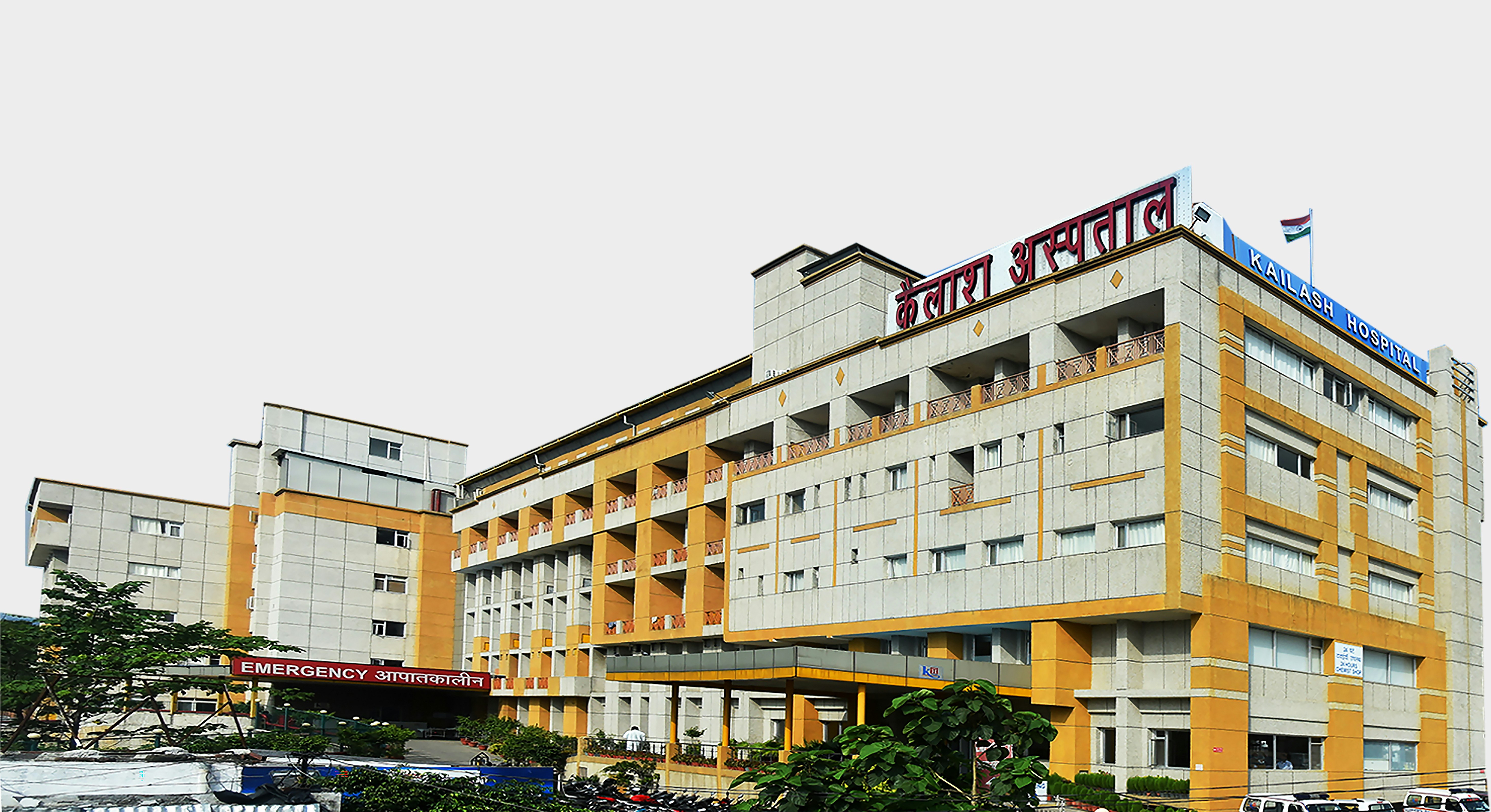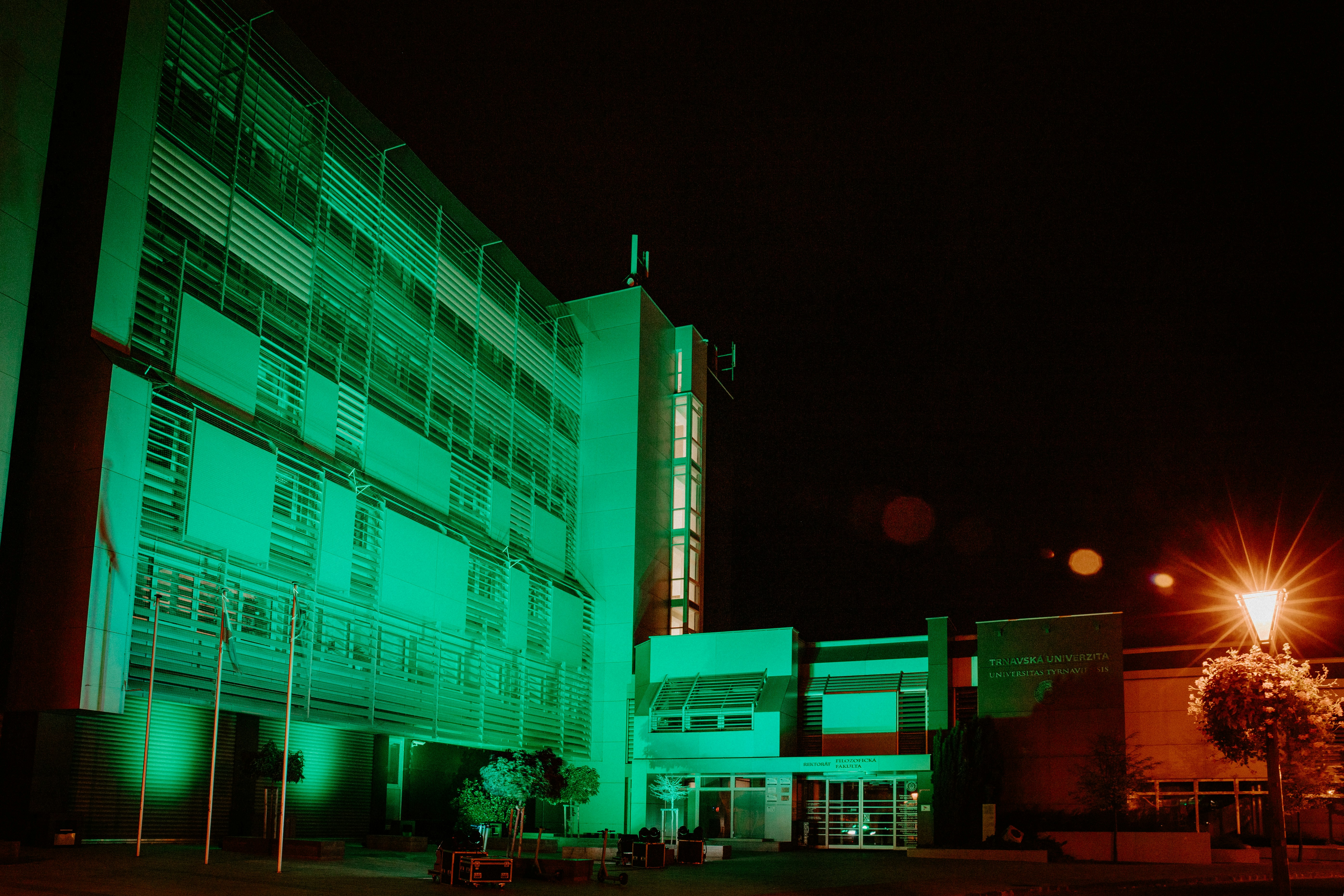Autism Testing Centers In California :Where To Get Tested

Getting tested for autism can be a powerful, life-changing step — whether you're a parent seeking answers for your child, a teen navigating social or academic challenges, or an adult finally connecting the dots about lifelong experiences. Autism testing isn't about putting on a label — it’s about finding clarity.
A proper diagnosis can open the door to therapies, support services, and everyday tools that make life easier, more connected, and more fulfilling.
Who Should Consider Getting Evaluated
Autism looks different for everyone. Some may avoid eye contact or struggle in social settings, while others might be overwhelmed by sounds or change, or find it hard to express emotions. Whether you're young or grown, if you or someone you care about shows signs of autism, getting evaluated is a smart and empowering first step.
In California, there are many places where you can get tested — from highly rated children’s hospitals and Regional Centers to adult-focused providers and low-cost options at university clinics.
This guide is here to help you explore your options based on your age, location, and needs — so you can move forward with knowledge, confidence, and the right kind of support.
Types of Autism Testing Services in California
Not all autism testing looks the same. The process can vary depending on your age, symptoms, and whether you're looking for a quick screening or a full diagnosis. Here's a simple breakdown of the types of autism testing services available in California:
Diagnostic Evaluations for Children
For young children, getting an early diagnosis can make a big difference. These evaluations are usually done by a team that may include child psychologists, speech-language pathologists, and developmental pediatricians. The goal is to carefully observe how your child communicates, interacts, and plays — and compare it to what’s typical for their age.
What it includes:
- Parent interviews
- Play-based assessments
- Speech/language evaluations
- Observation of social skills
These evaluations help parents understand if their child is on the autism spectrum and what types of support or therapies could help them thrive.
Autism Testing for Teens and Adults
Some people don’t get diagnosed until later in life. Teens and adults may have masked symptoms growing up or been misdiagnosed. Testing for older individuals usually focuses on behavior patterns, social challenges, and daily life experiences.
What it includes:
- Personal interviews
- Questionnaires about social behavior and habits
- Input from family, teachers, or close friends
- Psychological or cognitive testing (in some cases)
These evaluations are designed to recognize autism traits that might have gone unnoticed during childhood but still impact school, relationships, or work.
Developmental Screenings vs. Comprehensive Assessments
Not sure where to begin? Many providers offer developmental screenings — short, informal check-ins that look for early signs of autism. These are a great first step for toddlers or if you're unsure whether a full evaluation is necessary.
If signs of autism are strong, the next step is a comprehensive assessment. This is a deeper, more detailed evaluation by licensed specialists that can lead to an official diagnosis.
Quick Tip:
- Screening = quick check
- Full assessment = deep dive
Who Performs Autism Testing in California?
Depending on where you go, testing may be done by:
- Developmental pediatricians
- Licensed clinical psychologists
- Neuropsychologists
- Autism centers with multidisciplinary teams
Each professional uses different tools and approaches, but they all aim to understand how your brain processes the world — especially things like communication, social cues, and behavior patterns.
Top Places to Get Tested for Autism in California
Whether you're looking for a diagnosis for your child, teen, or yourself as an adult, California offers many high-quality clinics, hospitals, and programs that specialize in autism testing. Below, we’ve grouped some of the best options by age group and type of service.
For Children and Teens
1. UCLA Child and Adult Neurodevelopmental Clinic – Los Angeles
- What They Offer: Full autism evaluations for children and teens using gold-standard tools like the ADOS-2. Their team includes developmental psychologists and neuropsychologists with extensive experience.
- Why Parents Choose It: UCLA is one of the top-rated centers for autism diagnostics on the West Coast. Evaluations are thorough and often include input from educators and speech therapists.
- Extra Support: Post-diagnostic services available through UCLA’s autism programs.
Website: semel.ucla.edu/autism
2. Rady Children’s Hospital – Autism Discovery Institute – San Diego
- What They Offer: Comprehensive autism evaluations for children and teens. Services include diagnostics, parent consultations, and referrals for therapies like ABA and speech.
- Why It’s Great: Known for their family-friendly approach and fast-track early diagnosis for children under 5. Staff are trained in both medical and behavioral evaluations.
- Languages Available: Bilingual services in English and Spanish.
- Website: rchsd.org/programs-services/autism-discovery-institute
3. Children’s Hospital Oakland – Autism Spectrum Disorders Clinic
- What They Offer: Developmental assessments and autism diagnostics for infants, children, and adolescents.
- Why Families Like It: Team-based care with pediatric neurologists, psychologists, and therapists. Works closely with local schools for IEP support.
- Insurance Accepted: Most commercial insurance and Medi-Cal.
- Website: childrenshospitaloakland.org
For Adults
4. UCLA Adult Neurodevelopmental Clinic – Los Angeles
- What They Offer: Diagnostic services for adults seeking autism evaluations, especially those who were missed as children. Assessments include interviews, self-report tools, and observations tailored to adults.
- Why Adults Choose It: Welcoming space for adults of all backgrounds. Focus on autism in women, minorities, and LGBTQ+ individuals.
- Helpful After Diagnosis: Referrals for counseling, support groups, and UCLA programs.
- Website: semel.ucla.edu/autism/clinic
5. Open Mind Assessment – Telehealth Across California
- What They Offer: Virtual autism evaluations for teens and adults throughout the state. Includes screening, diagnostic testing, and a full written report.
- Why It’s Great: Convenient for people in rural areas or those without access to local clinics. Respectful of neurodiverse identities and life experiences.
- Insurance Options: Private pay and superbills for insurance reimbursement.
- Website: openmindassessment.com
6. Stanford Autism and Developmental Disorders Clinic – Palo Alto
- What They Offer: Evaluations for adults and children with possible autism or co-occurring developmental concerns. Includes detailed testing and family consultations.
- Why It’s Unique: Stanford’s research-backed approach makes this a trusted option for complex or subtle cases.
- Good Fit For: Adults who may have masked symptoms for years or want to understand their neurodivergence.
- Website: med.stanford.edu/autism
Multidisciplinary Autism Evaluation Centers
7. UC Davis MIND Institute – Sacramento
- What They Offer: Multidisciplinary autism evaluations for all ages. Their teams include psychologists, neurologists, speech-language pathologists, and behavioral specialists.
- Who Qualifies: Children, teens, and adults with signs of autism or developmental delays.
- Why It’s Valuable: Offers one of the most research-informed evaluations in the country. Great for families seeking a deep understanding and access to clinical trials or therapies.
- Website: health.ucdavis.edu/mindinstitute
8. The Center for Autism and Neurodevelopment – Walnut Creek
- What They Offer: Full autism testing for children, teens, and adults. Evaluations include ADOS, developmental history, and cognitive testing.
- Why Families Choose It: Personalized, caring evaluations with a team that explains everything clearly. Great for parents who are new to autism.
- Special Note: Private pay only, but they provide insurance reimbursement support.
- Website: centerforautismandneurodevelopment.com
9. California Regional Centers – Statewide
- What They Offer: Free or low-cost autism evaluations for individuals with suspected developmental disabilities. After diagnosis, they help connect families to long-term services.
- Why It’s Great: Available in every county and supports both kids and adults. Great for families who use Medi-Cal or need help with services like IEPs or therapy.
Examples:
- Frank D. Lanterman Regional Center (Los Angeles)
- Alta California Regional Center (Sacramento)
- Website (List of All Centers): dds.ca.gov/rc
Support Available After Diagnosis
Many of the centers above offer much more than just testing. After a diagnosis, they can help you:
- Understand the results and what they mean for daily life
- Get connected to ABA, speech, OT, or counseling
- Support school advocacy and IEP plans
- Offer social groups, life coaching, or job training (especially for teens and adults)
What to Look for in an Autism Testing Provider
Here are a few tips when choosing where to go:
- Experience with your age group (child, teen, adult)
- Clear process and timelines for testing
- Licensed professionals (psychologists, developmental pediatricians, etc.)
- Post-diagnosis support or referrals
- Accepts your insurance or offers sliding scale options
City-by-City Guide to Autism Testing Locations in California
Here’s a helpful city-by-city breakdown of autism testing centers across California. Whether you’re looking for support for a toddler, teen, or adult, these clinics offer evaluations and more. We’ve included who they test, what kind of services they provide, payment options, and their websites to make your search easier.
City | Clinic/Center Name | Who They Test | Type of Services | Insurance / Payment | Website |
Los Angeles | UCLA Center for Autism Research & Treatment | Children, Teens, Adults | Full diagnostic testing, research-based assessments, therapy referral | Accepts major insurance, Medi-Cal | |
Children's Hospital Los Angeles – Boone Fetter Clinic | Children | Diagnostic evaluations, developmental pediatrics | Most insurance plans | ||
Pasadena | The Center for Autism & Neurodevelopmental Disorders (CAND) | Children, Teens | Diagnosis, therapy planning, support services | Accepts Medi-Cal & private insurance | |
San Diego | Rady Children’s Hospital – Autism Discovery Institute | Children, Teens | Developmental screening, formal autism testing, early intervention | Most insurance, Medi-Cal | |
UC San Diego Autism Center of Excellence | Children, Adults (select) | Research-based evaluations, diagnostic testing | Free/low-cost for study participants | ||
San Francisco | UCSF STAR Center (Autism Assessment Clinic) | Children, Teens | Diagnostic services, speech/language, therapy planning | Accepts most insurance, Medi-Cal | |
Oakland | Kaiser Permanente Autism Spectrum Disorder Center | Children | Diagnostic evaluations, ABA referral, care navigation | Kaiser members | |
Sacramento | UC Davis MIND Institute | Children, Teens, Adults | Comprehensive evaluations, research options, neurodevelopmental care | Accepts Medi-Cal & private insurance | |
Fresno | Central Valley Regional Center | Children, Teens, Adults | Referrals for evaluation, developmental services | Free for eligible residents (state funded) | |
Riverside | Inland Regional Center | Children, Teens, Adults | Autism screening, referral to providers | Free for eligible regional center clients | |
Bakersfield | Kern Regional Center | Children, Teens, Adults | Developmental assessments, access to testing resources | State-funded, free if eligible | |
Santa Barbara | Tri-Counties Regional Center | All ages | Evaluation referrals, case management, local service connections | Free for qualified applicants | |
Modesto | Valley Mountain Regional Center | Children, Teens, Adults | Screening, diagnosis referrals, early support services | Public funding, no cost to eligible clients | |
Chico | Far Northern Regional Center | Children, Teens, Adults | Screening, referrals, developmental support | State-funded for eligible residents | |
Eureka | Redwood Coast Regional Center | Children, Teens, Adults | Developmental screening and support services | Free if eligible through DDS | |
Palm Desert | Desert Autism Services | Children | Evaluations, ABA referrals, therapy coordination | Accepts insurance and private pay | |
Stockton | San Joaquin County SELPA Diagnostic Center | Children, Teens | Educational and autism testing through school system | Free via public schools |
Additional Tips:
- Age Requirements: Some centers are only for children, while others serve teens or adults. Always check before scheduling.
- Referral Needed? Clinics tied to hospitals or universities may require a referral from a pediatrician or mental health provider.
- Cost/Insurance: Regional centers are often free for eligible individuals through California’s Department of Developmental Services. Others accept Medi-Cal or private insurance.
- Wait Times: Larger hospitals and university programs may have longer waitlists. Consider checking several options at once.
- After Diagnosis: Many centers can help with the next steps — like therapy, IEP support, or adult transition programs.
Low-Cost and Free Autism Testing Resources in California
Getting tested for autism can be expensive, especially if you don’t have insurance. But good news: California has several low-cost and even free options to help families get the support they need. Whether you're looking for help with a toddler, teen, or adult, here are trusted places that offer affordable or no-cost autism evaluations.
State-Funded Programs
California's Early Start Program helps children under 3 get evaluated and receive early intervention services. If your child qualifies, evaluations are free, and support services may be provided at no cost or low cost.
- Who It Helps: Children under age 3 with suspected developmental delays
- Services: Autism screening, developmental evaluations, early intervention
- Managed by: California Department of Developmental Services (DDS)
- How to Apply: You’ll be connected to your local Regional Center
- Website: dds.ca.gov/earlystart
Regional Centers (Across California)
California has 21 Regional Centers that provide autism evaluations, referrals, and services for children and adults with developmental disabilities. Services are free for those who meet eligibility guidelines.
- Who They Help: Children, teens, and adults
- Services: Screenings, diagnostic referrals, therapy access, case management
- Cost: Free (if eligible)
- Website: dds.ca.gov/rc
University-Based Autism Clinics
Some California universities offer autism testing at reduced costs through their psychology or education departments. These services are often part of research programs and supervised by licensed clinicians.
- UCLA Autism Center of Excellence (Los Angeles)
Offers research-based testing for children and adults; often low-cost or free for participants.
Website: autism.ucla.edu - UC San Diego Autism Center of Excellence (San Diego)
Provides developmental assessments and autism screenings, sometimes free for research volunteers.
Website: autism-center.ucsd.edu - UC Davis MIND Institute (Sacramento)
Offers clinical evaluations and participates in autism research studies that can reduce cost.
Website: mindinstitute.ucdavis.edu
Nonprofits and Community Support
Several nonprofits in California support families through grants, referrals, and low-cost services:
- California Autism Foundation (CAF)
Offers support and referrals for testing, especially for underserved communities.
Website: calautism.org - Autism Society San Diego, LA, Inland Empire, and other chapters
These local groups help connect families to trusted low-cost testing services and insurance navigation.
Website: autismsocietyca.org - Exceptional Parents Unlimited (Fresno)
Supports families of children with disabilities through referrals, screenings, and parent coaching.
Website: epuchildren.org - Fiesta Educativa (Southern California)
Offers bilingual support for Latino families, including guidance on how to access evaluations affordably.
Website: fiestaeducativa.org
How to Choose the Right Evaluation Center
Not every autism testing center is the same — and picking the right one can make a big difference in how helpful and accurate the results are. Whether you're looking for testing for a toddler, teen, or adult, here’s how to find a center in California that fits your needs.
What to Look For
These are the signs of a trustworthy and high-quality evaluation center:
- Licensed Professionals
Look for centers with developmental pediatricians, licensed psychologists, or autism specialists. They should have real experience working with people on the spectrum. - Age-Appropriate Services
Some places only test children, while others work with teens or adults. Make sure the center fits the age and needs of the person getting tested. - Thorough Evaluations
The best centers don’t rush. They take time to observe behavior, review history, and use trusted tools like the ADOS, interviews, and checklists. A quick 15-minute screening is not enough.
Important Questions to Ask Before You Book
Before scheduling an appointment, don’t be afraid to call and ask:
- Do you evaluate [children, teens, or adults]?
Not all centers serve every age group. Some may only work with young children or specialize in adult diagnosis. - What is the wait time?
In busy cities like Los Angeles, San Diego, or San Francisco, waitlists can be long. Ask how soon you can be seen — and consider joining multiple waitlists if needed. - Do you take insurance or offer payment plans?
Some centers accept Medi-Cal, private insurance, or offer sliding scale fees. Always confirm what’s covered before your visit. - Will I get a written report with recommendations?
A proper diagnosis should include a detailed report, with test results and next steps. This is key if you need services at school or work.
Choosing a good evaluation center in California can open the door to services, support, and peace of mind. It’s worth taking the time to find the right place for your family.
Do You Need a Referral for Autism Testing in California?
Whether or not you need a referral depends on where you go and how you plan to pay for the autism evaluation.
If You’re Using Insurance (Including Medi-Cal)
Most private insurance plans — and Medi-Cal, California’s Medicaid program — usually require a referral from your doctor. This referral helps the insurance company approve and pay for the testing.
Here’s how it works:
- Talk to your child’s pediatrician or your primary care doctor.
- Ask for a referral to get an autism evaluation.
- They may also help you choose a clinic or specialist in your insurance network.
If You’re Paying Out of Pocket
If you’re not using insurance, you usually don’t need a referral. You can call a clinic, psychologist, or autism center directly and ask for an appointment.
This may be faster — but keep in mind, private pay evaluations can be costly (anywhere from $500 to over $3,000), depending on the provider and services included.
For Public School or Early Intervention Testing
- If your child is under age 3:
You don’t need a referral — you can go straight to Early Start, California’s early intervention program. They offer free evaluations and services for eligible babies and toddlers.
Learn more at: https://www.dds.ca.gov/services/early-start - If your child is age 3 or older:
You can request testing through your local school district’s special education office — even if your child hasn’t started school yet. By law, schools must evaluate students suspected of having a disability, including autism.
Autism Testing for Adults in California: What’s Different?
Autism doesn’t just affect children — many adults go undiagnosed for years. Some were misdiagnosed as kids, while others simply learned to “mask” or hide their traits to fit in.
Now, more adults in California are seeking autism evaluations to finally get the answers they’ve been searching for.
What Makes Adult Testing Unique?
- Signs Aren’t Always Obvious
In adults, autism may show up as:- Feeling exhausted after social situations
- Needing strict routines to feel safe
- Deep focus on hobbies or interests
- Trouble handling changes
- High anxiety or emotional burnout
These signs can sometimes look like ADHD, social anxiety, or depression, which is why autism is often missed.
- Feeling exhausted after social situations
- Your Life Experience Matters
Adult testing looks at how you function in your job, relationships, and daily life — not just how you were as a child. You may be a parent, student, or working professional. A good evaluation takes all of that into account. - You Need the Right Provider
Not every clinic in California evaluates adults. It’s important to find someone with experience diagnosing autism in adults, especially women, non-binary individuals, and people of color, who are often underdiagnosed.
Why Adults Choose to Get Evaluated
- To better understand themselves and their behaviors
- To gain access to mental health support, accommodations, or disability services
- To join autism communities or support groups
- To get clarity and validation after years of uncertainty
Where to Start in California
Many places now offer autism evaluations for adults, including:
- UCLA PEERS Clinic (Los Angeles)
- UC Davis MIND Institute (Sacramento)
- The Help Group (Sherman Oaks & Culver City)
- Sutter Health’s Adult Autism Evaluation Services (Northern CA)
- Private neuropsychologists in cities like San Diego, San Jose, and Fresno
If you’re looking for affordable options, university-based clinics or nonprofits may offer reduced-cost assessments or referrals.
How Long Does Autism Testing Take in California?
Autism testing isn’t something that happens in just one visit. It’s a step-by-step process designed to truly understand how a person thinks, feels, and interacts with the world. In California, the timeline can vary based on the provider and your location — but here’s a general idea of what to expect.
Step 1: Initial Intake or Phone Call
You’ll usually start by filling out paperwork and doing a short phone interview. This helps the clinic understand your concerns and match you with the right specialist.
Step 2: The Waiting Period
In many parts of California — especially in big cities like Los Angeles, San Diego, or San Francisco — there can be wait times of several weeks or even months, depending on the clinic and the demand.
Quick tip: Some university clinics or smaller centers may have shorter waitlists, especially in less crowded areas.
Step 3: The Evaluation Sessions
On testing day(s), you or your child will meet with a trained specialist, such as a psychologist, neuropsychologist, or developmental pediatrician. These sessions can take a few hours to a full day, and sometimes are split over multiple visits.
You may be asked to:
- Answer questions about your daily life or history
- Complete tasks, puzzles, or games
- Talk about social situations or challenges
- Share school or medical records (if available)
Step 4: Parent or Family Interviews
For children — and sometimes for teens or adults — parents, caregivers, or spouses may be interviewed. Their input helps give a full picture of behavior and development across different settings.
Step 5: Getting the Final Report
Once testing is complete, you’ll get a written report with the results. This includes:
- Whether an autism diagnosis was made
- Strengths and challenges
- Personalized recommendations for next steps
In California, it usually takes 2 to 6 weeks after testing to receive the report, depending on the clinic.
What Happens After the Diagnosis?
Getting an autism diagnosis isn’t the end — it’s the beginning of understanding, support, and new opportunities. In California, there are many services available to help children, teens, and adults move forward after a diagnosis.
If a Diagnosis Is Given
You’ll receive a written report that includes:
- Your (or your child’s) evaluation results
- The autism diagnosis (if applicable)
- Personalized recommendations for next steps
This report is important — it helps you access therapy, school support, and even government benefits.
What You Can Do Next
Depending on your age and needs, your care team may recommend:
- ABA Therapy (Applied Behavior Analysis) – Most common for young children
- Speech or Occupational Therapy – To help with communication, motor skills, or sensory needs
- Social Skills Groups – Great for kids, teens, or adults who want help with friendships or teamwork
- Life Coaching or Job Training – Especially helpful for autistic teens or adults
- Mental Health Support – If there’s also anxiety, ADHD, or depression
For Children in School
A diagnosis can help your child qualify for:
- An IEP (Individualized Education Program) – A plan for school-based services
- A 504 Plan – Accommodations like extra time on tests, breaks, or classroom changes
California schools are required to support students with documented needs — and your evaluation report can be your starting point.
Additional Benefits in California
Depending on your income and needs, you may qualify for:
- Regional Center Services – Developmental support for all ages (free if eligible)
dds.ca.gov/rc - Social Security (SSI) – For adults or children with significant challenges
- Department of Rehabilitation (DOR) – Job coaching and training for autistic adults
- CalABLE Savings Program – A way to save money tax-free if you qualify for disability benefits
Even If It’s Not Autism...
If autism isn’t diagnosed, your evaluation may still reveal other things — like ADHD, anxiety, learning differences, or sensory issues. That information is just as valuable and can still lead to helpful services.



